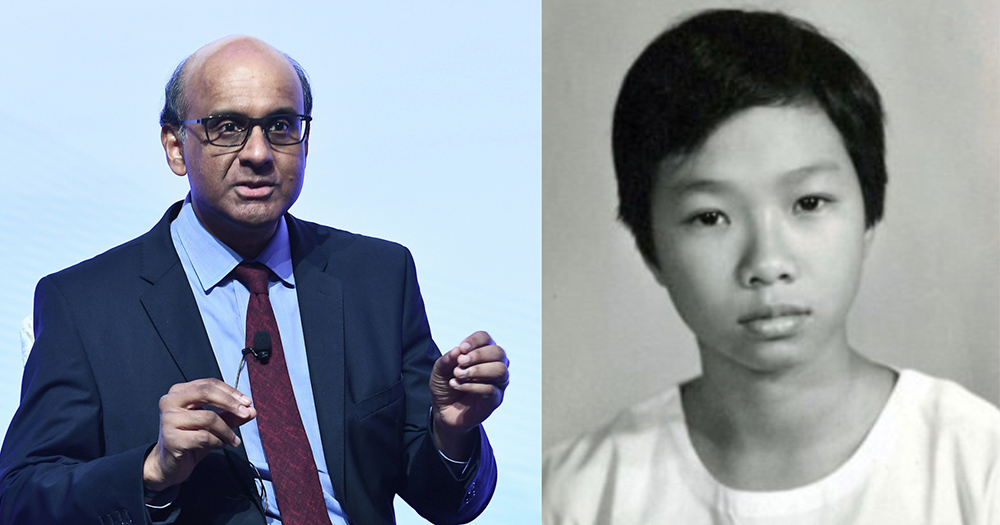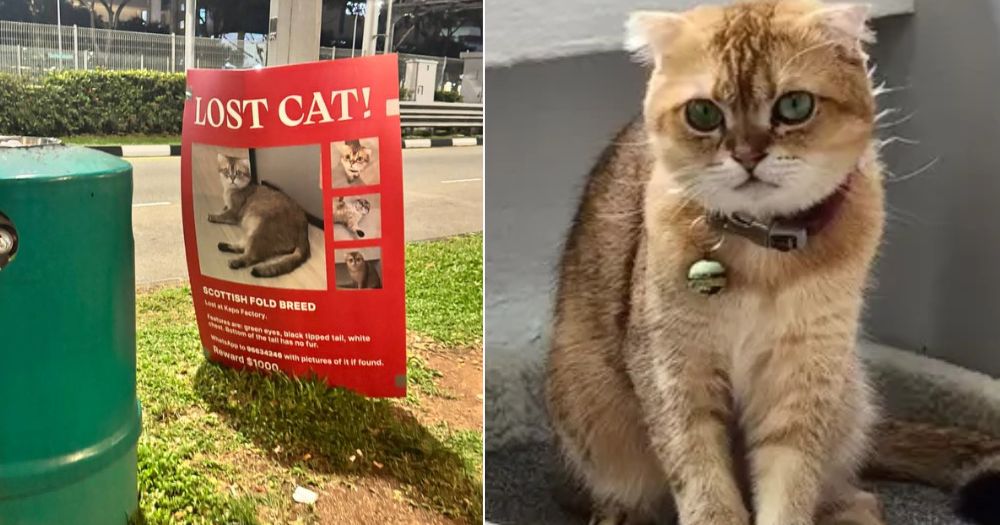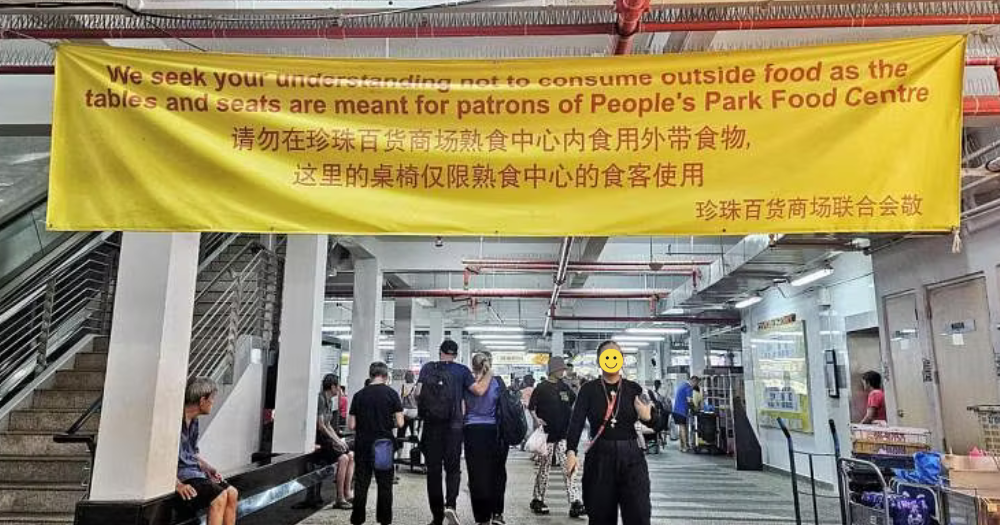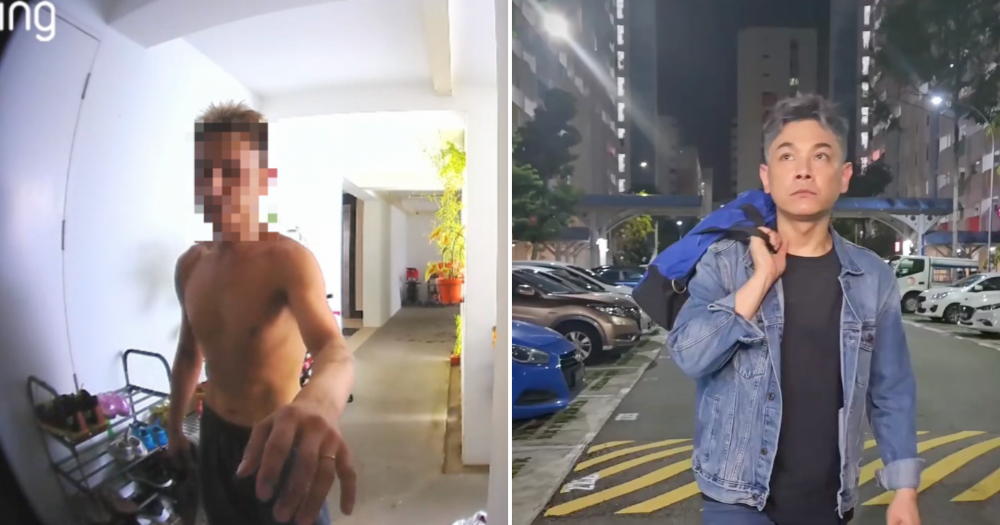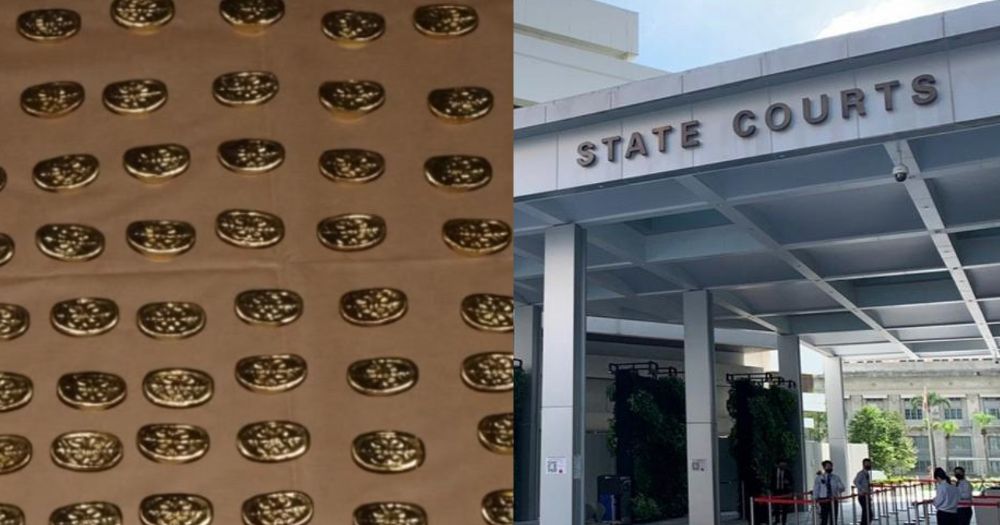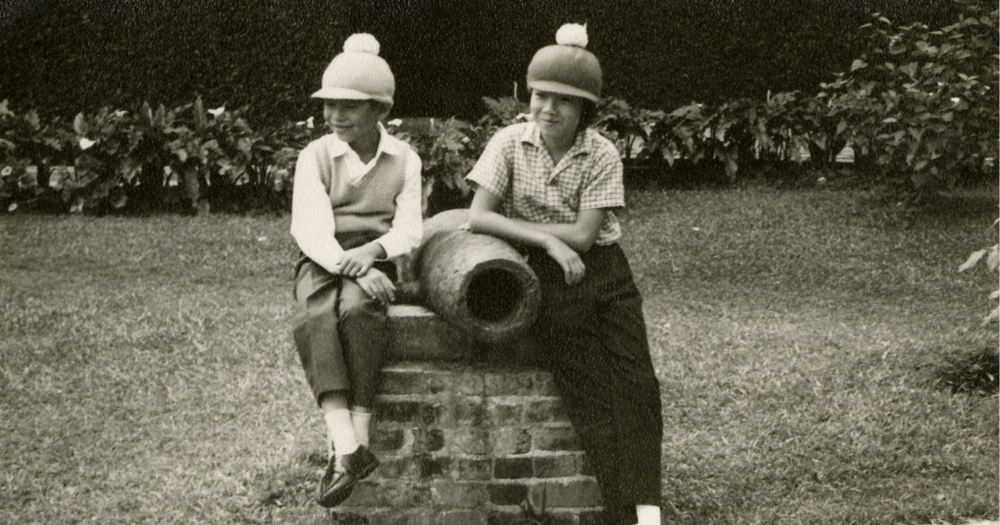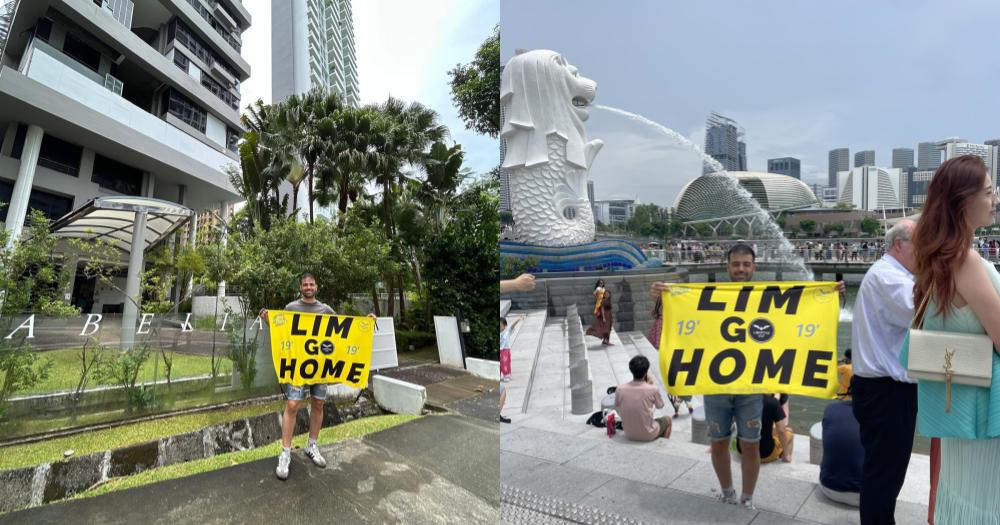S'pore man, 30, diagnosed with 1-in-a-million liver disease after abdomen swelled substantially in 2 weeks
An NUH team with 3 specialists managed to save his liver.
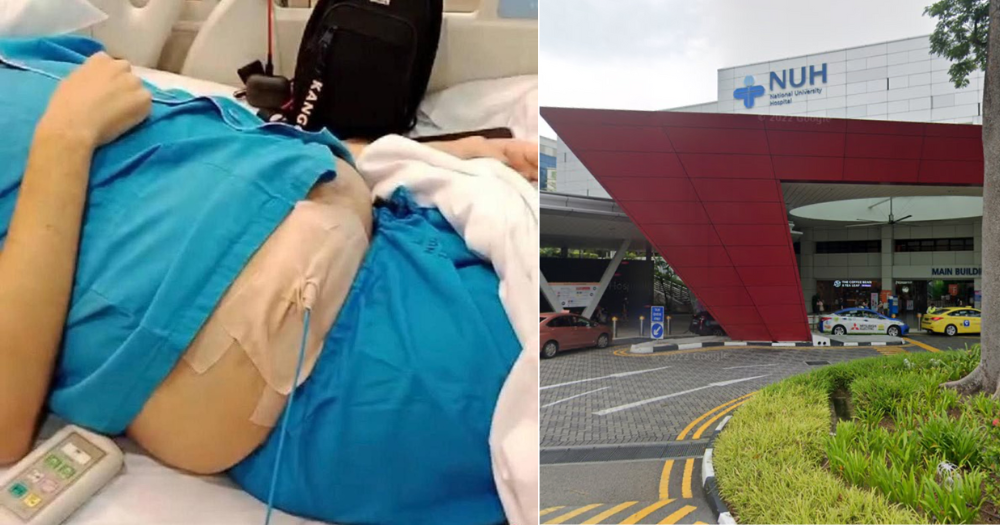
A 30-year-old Singapore man's abdomen swelled to the size of a nine-month baby bump within two weeks after fluid accumulated inside.
The man was admitted to the National University Hospital (NUH) and found to be suffering from Budd-Chiari syndrome, an extremely rare liver disease.
During his one-month hospital stay, he was subjected to numerous tests, procedures and medication, losing 20kg in the process.
It took three NUH specialists from different departments, working as part of a multi-disciplinary team, to save his liver.
Abdomen swelled to "baby bump" in 2 weeks
The man's father, who requested anonymity, told Lianhe Zaobao that his son, who was working as a software engineer in Singapore, had been healthy prior to this incident.
But in April, his abdomen suddenly began to bulge.
The family initially thought he had gained weight, and did not pay much attention to it.
However, his son's abdomen continued to swell and in the span of two weeks, it became "as large as a nine-month baby bump", his father said.
Their family doctor could not explain what happened.
"He shared that in his 40 years in medical practice, he had never seen such a condition and recommended that we go for a follow-up examination at the hospital," said the man's father.
No family history of liver disease
The man was subsequently admitted to the Accident and Emergency (A&E) department at NUH for treatment.
He was hospitalised immediately.
After a series of tests, doctors diagnosed him with a rare liver disease, Budd-Chiari syndrome, where the hepatic veins, which carry blood away from the liver, become obstructed due to blood clots or narrowing of the veins.
Symptoms of the disease include abdominal pain, an enlarged liver, ascites (accumulation of fluid in the abdomen), jaundice, and gastrointestinal bleeding caused by portal hypertension.
The man's father said his son did not smoke or drink, kept himself healthy and had no family history of liver disease.
So the family was puzzled by how the condition befell him.
A rare one-in-a-million condition
Low How Cheng, a senior consultant at NUH's gastroenterology and hepatology division who served as the man's attending physician, told Mothership that Budd-Chiari syndrome is a rare condition that affects about one in a million people worldwide annually.
Low pointed out that conditions that lead to hepatic vein obstruction, such as blood disorders, clotting abnormalities and certain infections, are uncommon.
"The liver’s vein system is generally strong and usually only serious health issues can cause blockage," the doctor said.
He added that a primary cause of the Budd-Chiari syndrome, hereditary thrombotic disorders, are not common in the general population.
As such, he estimated that NUH has treated fewer than 15 of such cases over the past five to 10 years.
Hospitalised for 1 month, lost 20kg
The man was hospitalised for a month, Zaobao reported.
During this time, he underwent biopsies of his neck and rib tissue, and also had to have his stomach and intestines examined due to internal bleeding.
He was also put on anticoagulant medication, had his abdominal fluid drained daily, and had a stent implanted in his liver to keep his veins clear.
He lost more than 20kg as a result.
The man's father told Zaobao he was affected when he saw his son in such a state.
He had been running a hawker business, but put it on hold after his son fell sick.
Instead, he would spend his time searching for information on the disease.
Team with three specialists saved his liver
Low told Mothership that a multidisciplinary team, with three other senior consultants from different departments in NUH, took charge of the man's care.
It included hepatologists, interventional radiologists, haematologists, and liver transplant surgeons who would manage both the symptoms and the underlying causes.
Some challenges they faced included preventing the development of blood clots and controlling complications, such as fluid accumulation in the abdomen and portal hypertension, which requires careful monitoring and treatment, Low added.
Thankfully, the team was able to save his liver, and he was discharged in May, the man's father told Zaobao.
The man initially returned to the hospital's A&E a few times for internal bleeding, but now just goes back for a check-up every two to three weeks.
The man's father said he is relieved that his son will not require a liver transplant at the moment.
He added that he is grateful to the medical team at NUH for providing world-class care for his son.
Top image from Lianhe Zaobao / Google Street View
MORE STORIES









